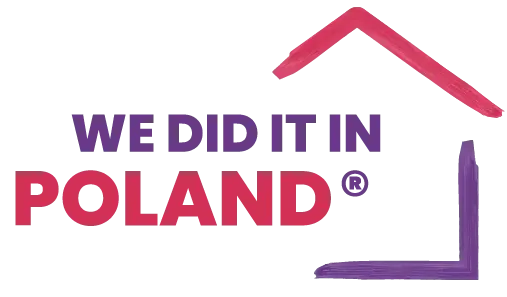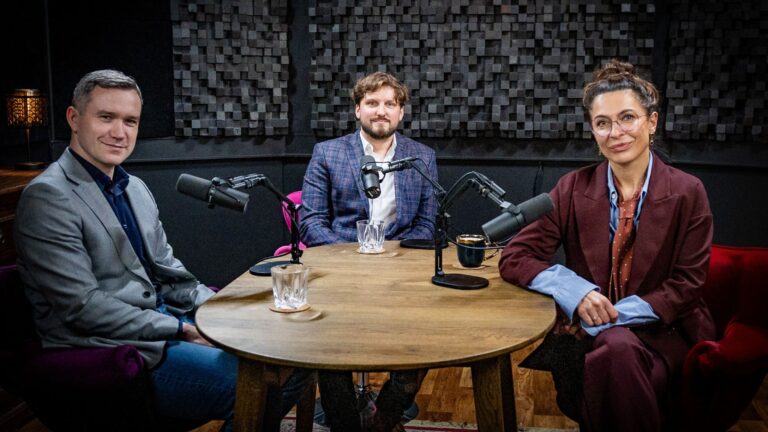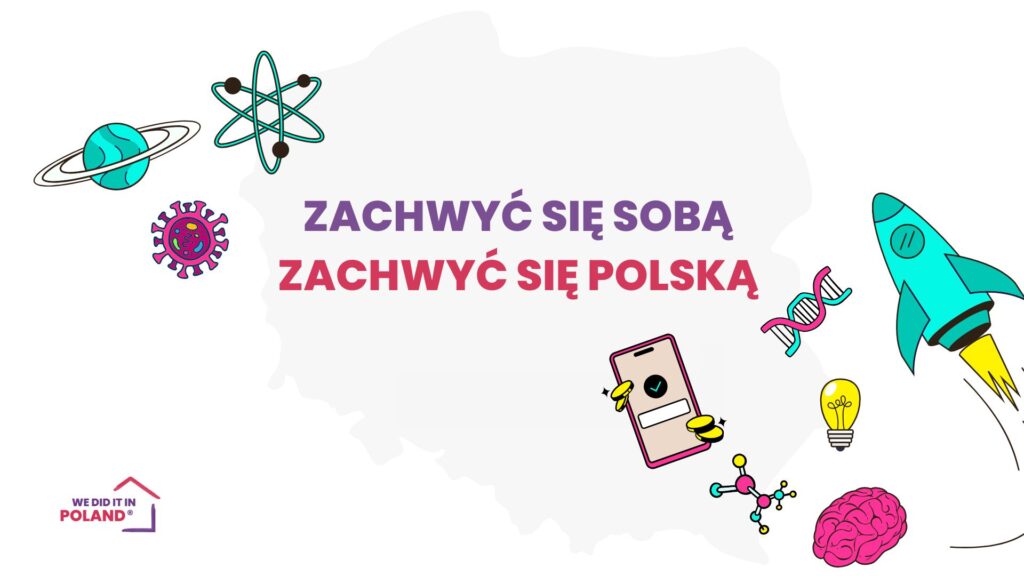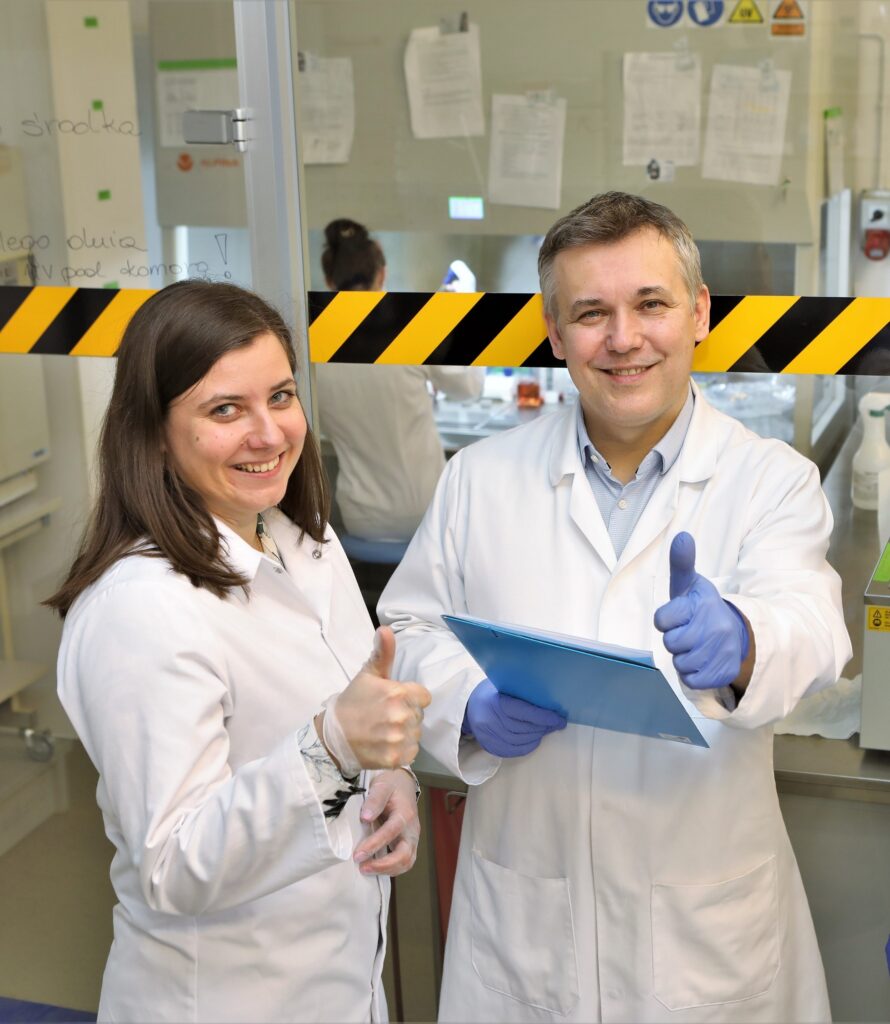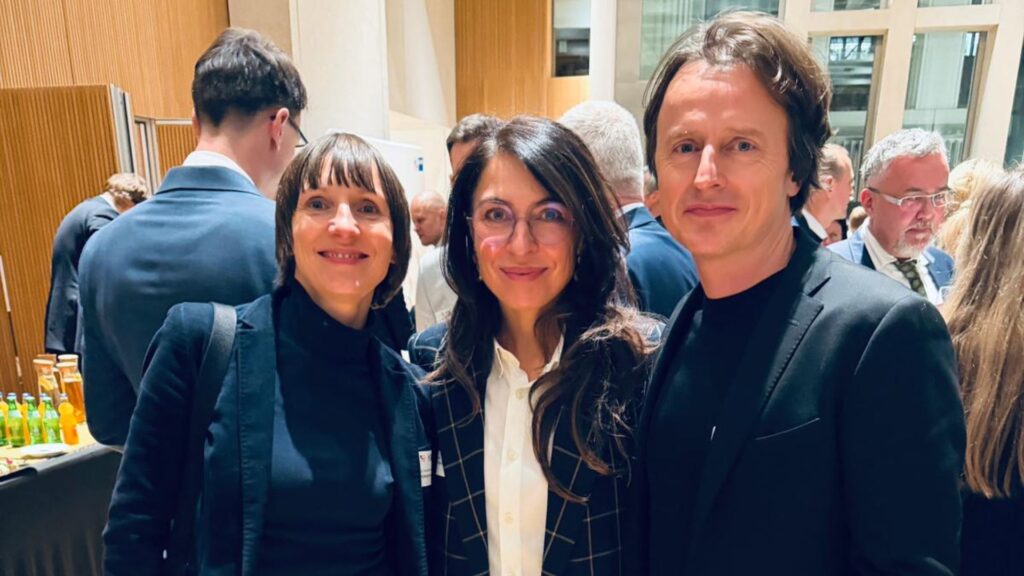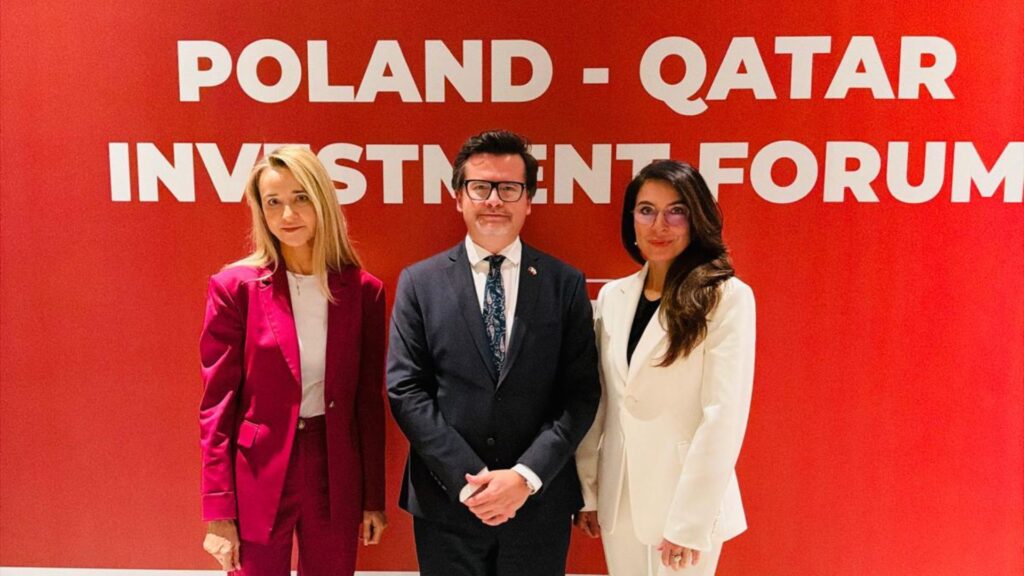Poland can be a great place to develop breakthrough technologies – if we know how to combine innovation with courage, determination and the right support. We have exceptional human capital, an increasing number of growth funds and growing ambitions. In the first episode of the We Did It In Poland podcast, Olga Kozierowska talks to Marek Garniewski, CEO of Orlen VC, and Marek Gutt-Most, CEO of Euroloop, about how to create innovation from Poland for the world – and what from their stories can inspire the next generation of entrepreneurs.
Olga Kozierowska: What does an innovative young company need today to grow in Poland and compete abroad?
Marek Gutt-Mostowy: I think we already have enough experience to say what the problems are, but also what the positives are. First of all, I want to point out that the situation is dynamic and changing. Until a couple of years ago, in terms of the financial aspect – although that’s not the only factor, of course – we had a lot of available seed capital. There were many funds in operation that could support companies at a very early stage. Now these sources have rather dried up – and not only in Poland. In general, there is a trend that venture capital for high-risk investments is no longer as available as it once was.
Some venture capital funds are beginning to act like private equity funds and are buying up companies that are already profitable. This creates a situation where a young company just starting out will have a very difficult time raising the necessary capital. Especially if it wants to build something with so-called defensibility, i.e. the ability to defend itself in the market. This is, in my opinion, a significant change for the worse.
On the other hand, some growth funds have emerged – and this is a positive aspect. Historically, this has been our weakness – companies grew to a few million euros in revenue, but when the need to scale the business globally came, they had to leave and seek support abroad. That’s why many companies skip the stage of setting up operations in Poland. Although they are run by Poles, de facto they are no longer Polish. And we have great human capital – this has always been our strength, not only in the last 20 years, but for decades.
Olga: So we have a lot of homework to do – including on the government side?
MGM: It’s a question of how much can the government do, how much can people do, how much can the market do, and how much depends on education – in different areas? These are parallel worlds, each requiring a separate approach. If you go to the marketing and sales sphere – we don’t have much experience in selling innovative products abroad. We are not Denmark or the Netherlands, where companies operate globally. Our experience comes from a handful of leaders.
I grew up in Nowy Sacz. I watched how companies like Optimus, Fakro, Wiśniowski – local companies operating globally – developed. I was always close to that. Unfortunately, this cannot be said of other cities in Poland. Young people don’t have such role models. They don’t know how to do things. I was able to just peep it at my neighbors.
Marek Garniewski: If we look at those challenges that Marek talked about – that is, the availability of early-stage capital – the funding has usually come from government sources. A lot of work has been done in this sphere. Over the last decade, the first funds investing in startups were built, incubators were created, startup programs were created – everyone tried to bite on this topic. Then came a series of growth.
Today there is much talk at the administrative level about supporting the area. There has not been such a large declaration of support before. New programs are being created, new funds – so perhaps the availability of capital will improve.
On the other hand, there is still a lack of supply of projects – as indicated by the investment industry itself. Startups, or de facto teams – because at an early stage they are management, invention, interdisciplinary teams – do not want to start in Poland, because they know they will locate sales elsewhere. They seek support from experienced entrepreneurs who know how to grow internationally.
READ ALSO: 5 services that delight! Poland sets global trends in digital services
Olga: So we have issues of funding, but also education – we lack role models, examples, but also practical knowledge on how to go abroad. The fairs or presentations themselves are one thing, but then you need to know how to use the contacts you’ve made in business terms to make a name for yourself abroad.
MG: If we look at the U.S. – there, innovative companies are supported comprehensively: from contract structuring to implementation into thevalue chain (value chain). And in Europe? Well – I would compare it like this: in the US, someone tells you “Come with me, Jasiu, by the hand – I will take you across the street, show you how it works. If you stumble – nothing will happen, we’ll come back and try again.” And in Europe? You let a small child go on a trip from Warsaw to Krakow on foot – without a map, without adult support.
Olga: However, I would like to add some positives. Example: Eurloop – I won’t say that it “succeeded”, because nothing succeeds by itself – but you worked it out. Orlen VC has invested, a network of ultra-fast electric chargers at gas stations is being built. We are looking forward to it. Your cooperation brings success. What from your case study can others take for themselves?
MGM: This is indeed an interesting example. We delivered the first charger for PKN Orlen more than 5 years ago – I remember we finished it during the pandemic. It was a pilot implementation – Orlen was the recipient of the technology. We wanted to create a charger based on silicon carbide transistors – a smaller, more efficient device that loses less energy and delivers more power than what was on the market. After a few months, we installed a charger that was then the most powerful in the country – 150 kW, which is still a lot of power.
And then we thought: we are one step away from more deployments, bigger orders, everything is going smoothly….
What was next? Listen to the entire podcast conversation!
